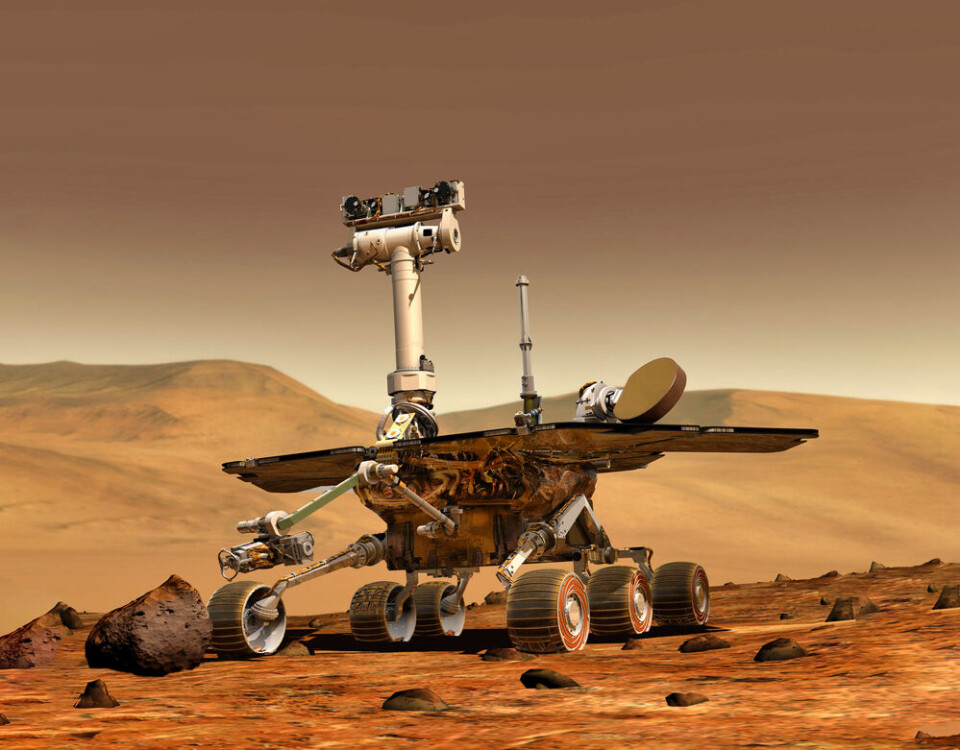-
More bank branches in France are closing
Some 3% of branches are shutting every year, reports banking union
-
French passport beats US and UK for global access
Rankings measure visa-free access to foreign countries
-
Ranking shows which cities in France are suffering the most, and least, from traffic jams
Most congested French city is not Paris
French scientists thrilled to hear the sounds of Mars for first time
Audio data will enable Toulouse-based scientists to learn more about the climate and geology of the planet

A microphone built into the Perseverance Mars rover was made in Toulouse by scientists who are now using it to explore the red planet’s sounds for the first time ever.
The multinational team said in a paper published in scientific journal Nature that the microphone showed Mars was so quiet that sometimes they feared it was not working.
When it was switched on, the only sounds they heard were from the wind. Later, they heard noise from Perseverance itself and from the drone which flies from it.
Prof David Mimoun of the University of Toulouse 3, who led the project, said: “The wind noise was like the sound of wind over an uncovered microphone on Earth, a growl rather than a whistle. When we first heard it, we just thought ‘wow, this is cool’.”
One reason for installing a microphone is that by shooting a laser at rocks and analysing the sound, the hardness of the rocks can be judged.
“We landed in a crater which geologists think had a lake in it at one stage and we want to see if there is softer sedimentary rock which might have traces of fossils, like the limestones and sandstones on earth, to see if we can find traces of life. So far, the place where we landed had [hard] volcanic rocks.”
The microphone confirmed a fact that physicists had theorised – that, unlike on Earth, sound on Mars travels at different speeds depending on how high-pitched it is.
Another discovery was that it does not travel as far. It is estimated that five metres away it would not be possible to hear another person’s voice. This is thought to be because of more CO2 in the atmosphere and lower atmospheric pressure.
Sounds recorded during a windstorm, for example, also reveal information about the planet’s climate, Prof Mimoun said. “The more samples we get, the more opportunities for years of research and analysis open up. It is fascinating and we are thrilled to be involved.”
Related articles
French astronomers comb Normandy fields for pieces of fallen meteorite
Thomas Pesquet: From training in Moscow to lift off in Florida
























